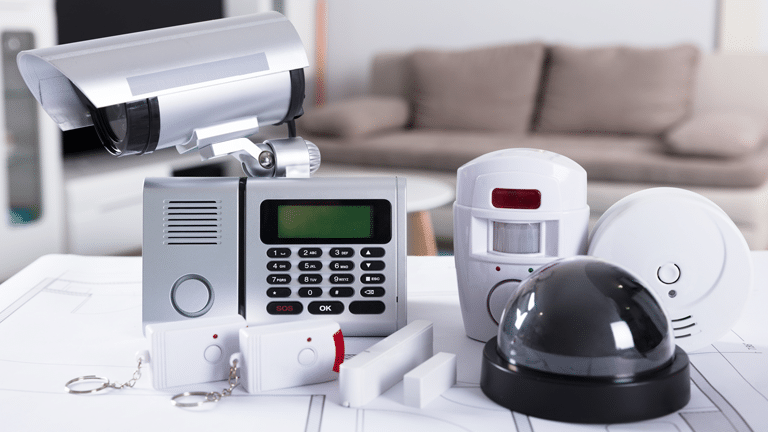In an increasingly interconnected world, security cameras have become an integral part of our daily lives. From public spaces to private residences, these devices play a crucial role in preventing crime and ensuring public safety. However, with the widespread adoption of surveillance technology, it is important that we maintain ethical standards to protect individual privacy and prevent potential misuse.
This article highlights some important steps to ensure the maintenance of ethical standards in surveillance with security cameras outdoors and discuss key considerations for achieving a balance between security and privacy.
Transparency and Consent
One of the fundamental principles of ethical surveillance is ensuring transparency and obtaining consent from individuals who may be monitored. It is vital to inform people about the presence of security cameras in a given area. This can be achieved through the use of visible signage or clear communication. Additionally, in organizations where business security cameras are installed, it must be ensured that people are aware that they are being recorded.
Privacy Protection
While security cameras are primarily employed to enhance safety, they should not compromise the privacy of individuals. It is crucial to strike a balance between security needs and respecting personal boundaries. In places where smart home security cameras are installed, the cameras should be positioned in a way that minimizes the intrusion into private spaces, such as bedrooms or bathrooms, except in situations where the cameras are being installed by the homeowners where they are intentionally put in place to ensure safety and security. Moreover, the captured footage should be stored securely and accessed only by authorized personnel. Implementing encryption measures and strict access controls can safeguard the privacy of the recorded data.
Purpose Limitation
Surveillance cameras should be deployed with a specific purpose in mind, such as deterring crime, protecting property, or ensuring public safety. It is important to define the intended use and restrict the data collected to the extent necessary to achieve those objectives. Capturing information beyond the scope of the intended purpose should be avoided to prevent misuse of data and potential privacy infringements.
Data Retention and Disposal
To maintain ethical standards, it is crucial to establish clear guidelines regarding data retention and disposal. Retaining footage for extended periods without a justifiable reason may lead to potential privacy violations. Organizations should define a reasonable retention period and promptly dispose of the data once it is no longer necessary. Adopting secure deletion methods ensures that the footage is irretrievable and prevents unauthorized access.
Accountability and Oversight
In order to maintain ethical surveillance practices, accountability, and oversight mechanisms must be put in place. Organizations should designate responsible individuals who oversee the surveillance operations and ensure compliance with ethical guidelines. Regular audits and reviews should be conducted to monitor the usage, storage, and access to surveillance data. By establishing transparent processes and maintaining accountability, the risk of unethical surveillance practices can be minimized.
Ethical Training and Professionalism
Those responsible for operating and monitoring surveillance cameras should receive proper training on ethical guidelines and best practices. They should be knowledgeable about privacy laws, data protection regulations, and the importance of respecting individual rights. Emphasizing professionalism and ethical conduct among surveillance personnel helps ensure that the cameras are used appropriately and responsibly.


